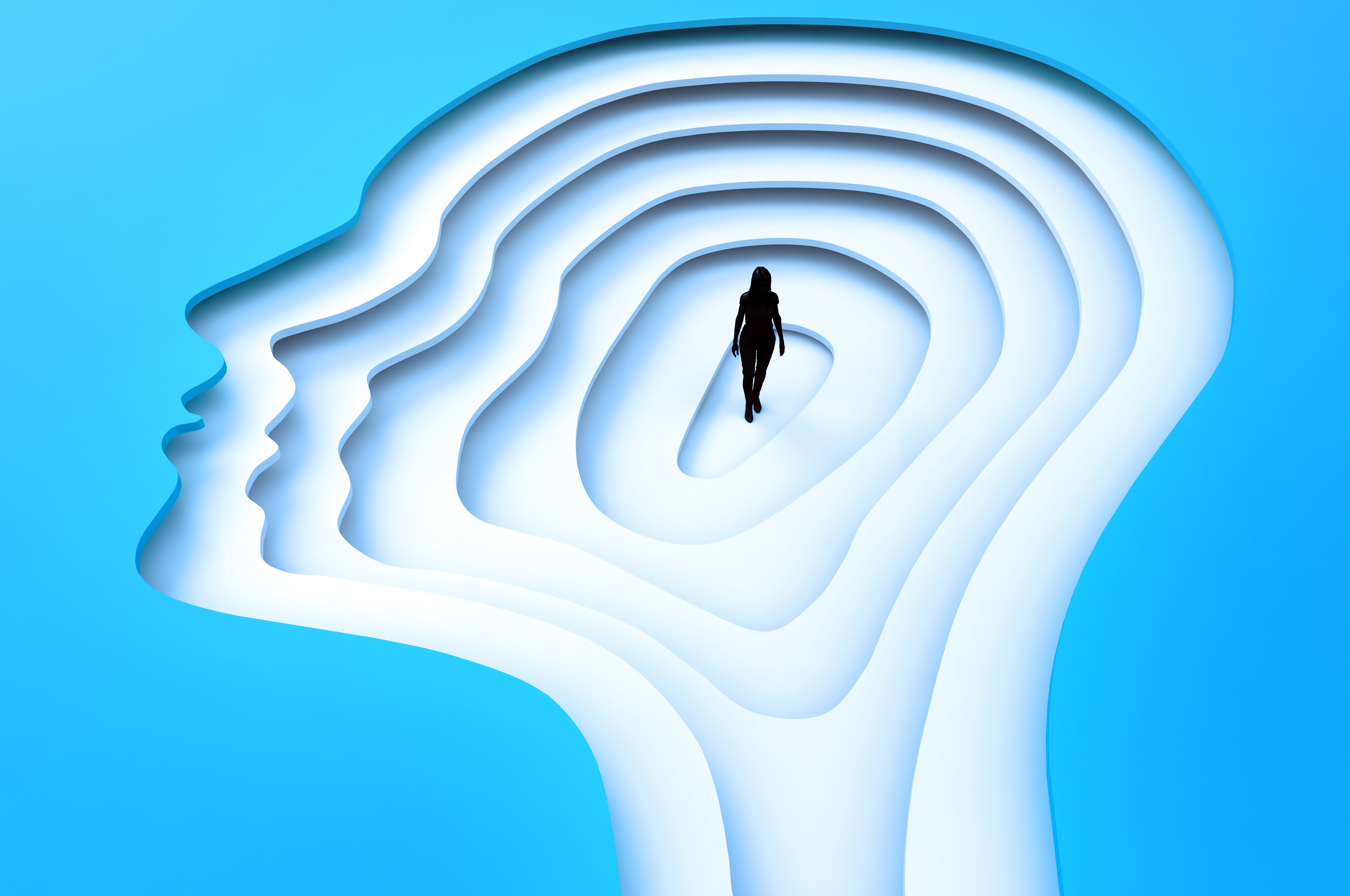In response to recent news reports surrounding Dr. Christine Blasey Ford and the Supreme Court nomination process, the Cut published a piece on the psychological scars of teen sexual assault. These scars often last a lifetime, affecting women (and men!) in painful ways.
There are unique challenges to dealing with and reporting assaults that happen when you’re not yet an adult, and many teenagers (along with some adult victims) fear reporting, avoid discussing what happened at the time, and only revisit the incident later in life. Reading about the mental health effects that these survivors experience also reminds us to forefront empathy and understanding during a moment that approaches assault through a deeply politicized lens.
These are some of those unique challenges:
The teenage brain can actually be altered by sexual assault
The Cut’s report emphasises that during adolescence, different segments of our brains, including the limbic system and the cortex, develop in crucial ways. These areas aid in emotional processing, memory, decision-making, and executive function — vital parts of healthy functioning in the adult world. Studies have shown that stress has the power to alter the development of these parts of the brain in permanent ways. And sexual assault is an incredibly traumatic, stressful experience — rape and molestation are some of the leading causes of PTSD.
This alteration to the brain can lead to anxiety, depression, schizophrenia and drug use in adults
Adults feel the burden of adolescent shifts in brain chemistry. Without healthy development during those crucial years, they can find themselves at higher risk for mental health issues. Teens literally carry their trauma with them in their brains for the rest of their lives.
Reporting a teenage assault to adults or authorities — or speaking about it with anyone at all — can be incredibly difficult
As New York Times opinion columnist Charles Blow recently explained on CNN, you don’t necessarily have the mental scaffolding or knowledge to understand that a sexual assault is not your fault when you’re not yet an adult. The shame you feel as a result can make it incredibly difficult to come forward or seek help. And even if you later come to understand that the attack is the sole responsibility of the attacker, that shame can be hard to shake.
Survivors experience powerfully stressful memories, both of the assault and of other stressful life events
Memories of sexual assault, a study from earlier this month explains, have an effect on the way the brain processes all stressful memories: they become more powerful, and thus more difficult move forward from or forget. A memory of sexual assault, reported or not, is not just one memory — it’s part of a complex of stressful or traumatizing memories that affect daily functioning, come to the fore at various stressful points in life and show up, perhaps, in conversations with therapists or loved ones.


